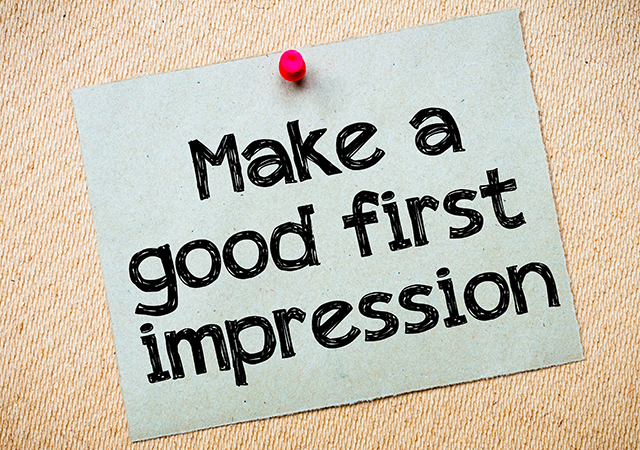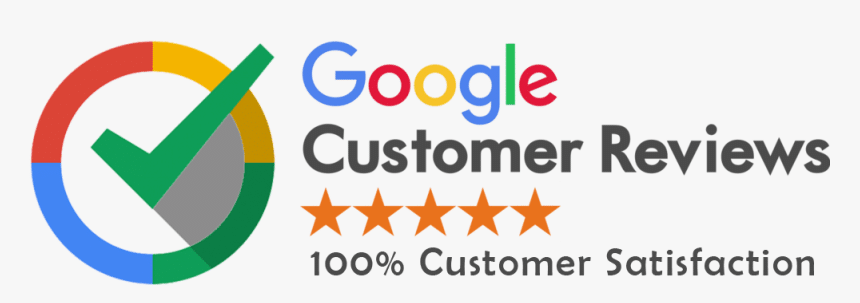When it comes to website design in Dubai The Importance Of First Impression, make sure you don’t put music in the background. In all aspects of life, the first impression means a lot. What makes things even more complicated is you can never get a chance to make that first impression again. Yes, you can try to improve your impression or make it bad, but you will never get the opportunity to make a first impression again and again. This rule applies in web designing as well.
Visitors can quite quickly decide if they want to stay on your page or not, and it all depends on your website. Keeping this factor in mind, Web Designer Dubai needs to make sure their first impression counts. They have to make a memorable impression through their design. It needs to be as positive and clear as possible.
When it comes to website design in Dubai The Importance Of First Impression, make sure you don’t put music in the background. The key to this is being able to convey your message. Any visitor should not make much effort to figure out what the website is about. Also, the visitor should know at first glance what he’ll be able to do there and how. If not, you can simply say goodbye to your visitors. They will leave your page much faster than you can type in Google ‘Why you’re losing visitors?’
Website Design in Dubai should be appealing and attractive. It should be able to catch the eye of the visitor, yet at the same time be able to provide all the information he needs. The website needs to be clear about what it’s selling. It should produce a positive vibe.





